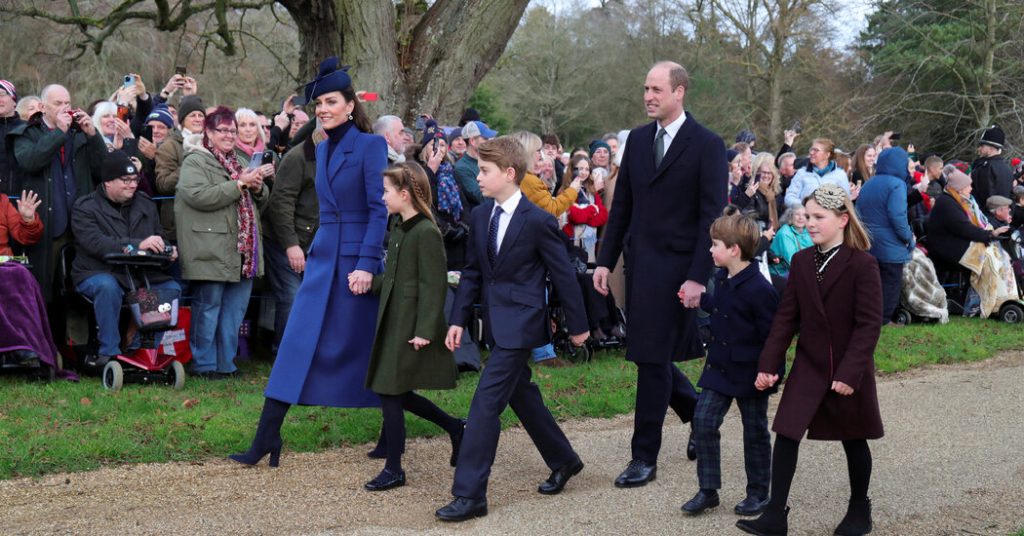Some members of the royal family, particularly the younger generation including princes and princesses, are often perceived as victims in the public eye due to their wealth, fame, and photogenic appearances. Catherine, Duchess of Cambridge, in particular, has been the target of various conspiracy theories, fueled by her perceived glamour and likability among Britons, as well as her private nature. The royal family itself is vulnerable to criticism and ridicule due to its societal position as a centuries-old institution funded by taxpayers, seen by some as outdated in a modern democracy. While the royal family is at its core a family of individuals bound by relationships and love, it is also a powerful institution driven by its own interests, sometimes at the expense of its own members.
Recently, conspiracy theories involving the royal family have gained traction, with online communities speculating about perceived corruption and mistreatment within the institution. Some supporters of Meghan, Duchess of Sussex, known as the “Sussex squad,” had already been critical of the royal family and searched for evidence of wrongdoing. These online narratives were further amplified by social media algorithms and even a Russian-linked disinformation operation, leading to increased speculation. Mainstream media coverage of these conspiracy theories only served to add fuel to the fire, creating a feedback loop of speculation and sensationalism, according to Are, a prominent figure in this analysis of the situation.
The conspiracy theories surrounding the royal family often come with pre-packaged villains, such as Prince William being compared to his father, Prince Charles, who was vilified in the media during the time of Princess Diana. As a notable historian studying the British Monarchy noted, Kate Middleton has maintained a level of composure and discretion that distinguishes her from others in the royal family, most notably Princess Diana. The royal family’s complex nature as both a family unit and a powerful institution adds to the intrigue surrounding conspiracy theories and speculations about their motives and actions.
The royal family’s status as a beloved yet controversial public figure makes them an easy target for conspiracy theories, as they embody a mix of tradition, power, and celebrity that can be both alluring and repelling to the public. The institution’s history and role in British society have only heightened interest and speculation about their internal workings and motivations. While many view the royal family with admiration and respect, others are quick to criticize and scrutinize their every move, fueling the cycle of conspiracy theories and controversies that surround them. Despite their privileged position, members of the royal family are not immune to the pressures of public scrutiny and judgment, which can often shape public perceptions and influence the narratives surrounding them.
In conclusion, the royal family remains a fascinating subject of speculation and intrigue for many, as their unique position in society lends itself to both admiration and criticism. The recent surge in conspiracy theories surrounding the family, particularly targeting individuals like Kate Middleton and Prince William, highlights the ongoing fascination with their lives and actions. The intersection of tradition, power, and celebrity within the royal family creates a complex dynamic that continues to captivate audiences worldwide. As social media and online communities play an increasingly important role in shaping public discourse, the royal family must navigate the challenges of maintaining their public image while also embracing the changing landscape of media and public opinion.













